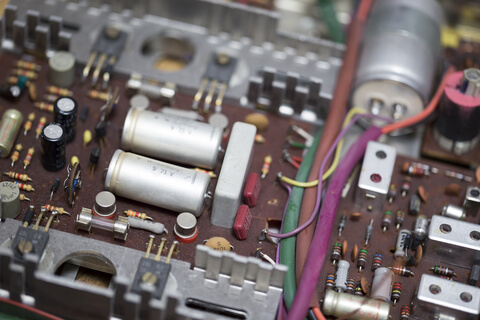
If you run a business, then you need to be aware of the legislation regarding the removal and disposal of computer waste. There are several issues which mean that the way in which unwanted computers and accessories are handled requires strict protocols and knowledge of the law. For example, most users need to be aware that there is a requirement for the waste to be handled in certain ways. You should also fully understand the classifications of the Environmental Acts, the WEEE, and data protection acts that will modify the way that you remove unwanted computers and other electronic goods.
The two significant acts
There are two significant acts which will affect how you dispose of computer waste. The WEEE is a directive designed to limit the amount of electronic and electrical waste that is thrown into landfills. The Data Protection Act, or DPA, is intended to oblige companies to protect the personal data of clients, staff and suppliers when it is stored on computers or in data files. The principles of these two elements make it illegal to ignore these directives, and mismanagement of the DPA in particular could result in a prison sentence or a hefty fine.
If you wish to avoid being pursued for breaches of these requirements, then you need to have a clear strategy in place which lays out how you will handle unwanted data and computers. Since the 1990s, all redundant computers and equipment have been regarded as Waste. The WEEE also classifies some parts of the computer, for example the monitor, as hazardous waste. This means that it cannot be discarded in general waste, and must instead by disposed of in a responsible way, through the use of professional data and electronics disposal experts and recycling companies.
Find out more about the WEEE directive here
